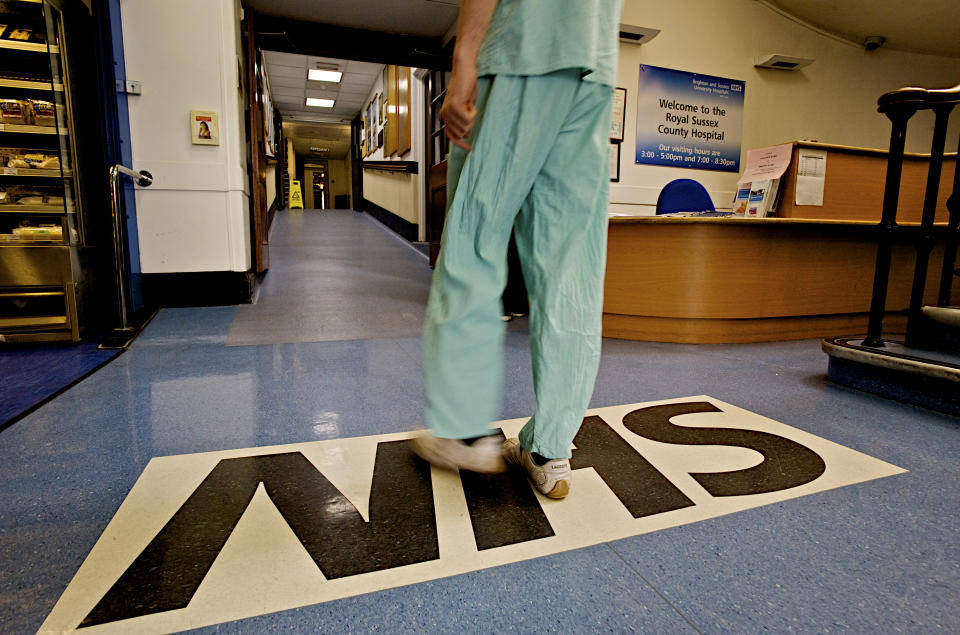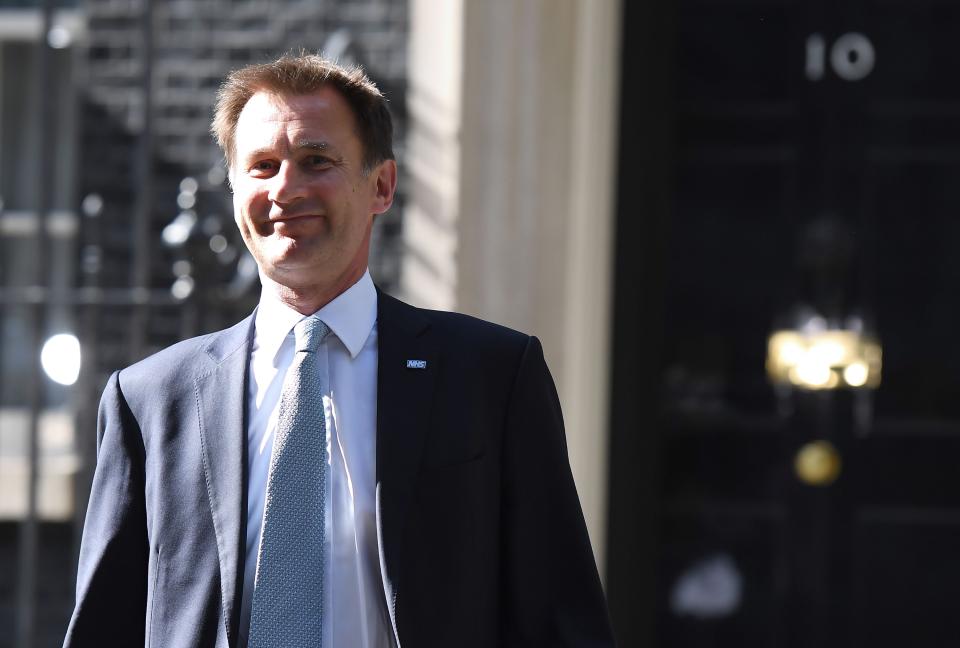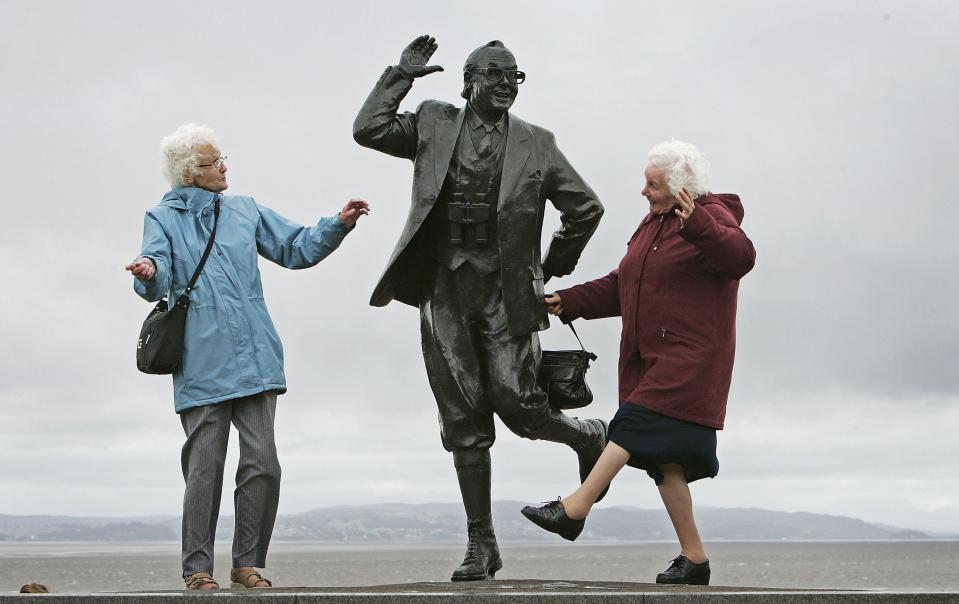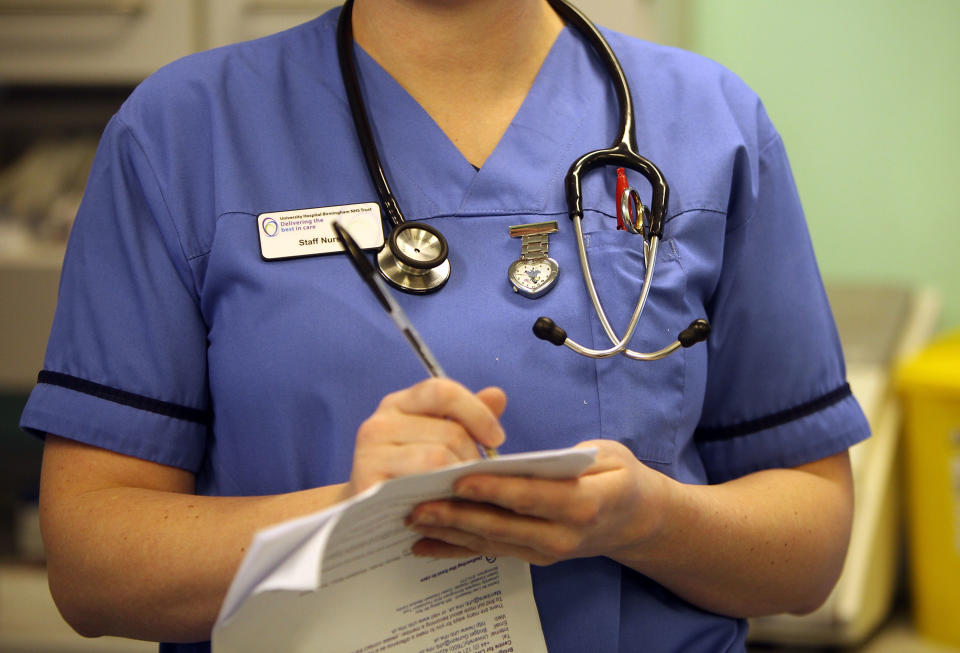Would you support a 'health tax' if the money was guaranteed to go to the NHS?

The majority of the British public would back a dedicated tax specifically to be spent on the NHS and social care, health secretary Jeremy Hunt believes.
Amid the ongoing funding crisis in the health service, radical solutions need to be explored, he said.
Britain’s ageing population meant more cash was needed for health, he said, adding it was “vital to be open to innovative models of taxation” to provide the funding.
What’s behind Hunt’s intervention?
Health trusts and hospitals up and down the country are struggling to cope with a perfect storm of challenges.
MORE: Unions to recommend 6.5% NHS pay rise
Every winter, there are dire warnings that that season will present the health service with its most precarious life and death scenarios.

Put simply, people are living longer in general, advances in treatments are prolonging the lives of the seriously ill and with an increasing population of retired people, there’s more money going out the Treasury.
Life expectancy in the UK has risen from 70.8 years for men born in 1980-82 to 79.2 years for boys born in 2016.
For women, it’s even higher – girls born in 1980-82 can expect to live 76.8 years, but those born in 2016 are looking at 82.9 years, according to the Office for National Statistics.
In particularly harsh winters, such as the recent Beast from the East, the demands on the health service sees many hospitals forced to cancel non-urgent procedures to cope with admissions.
How does Hunt think the issue can be tackled?
Writing in the Mail on Sunday newspaper, Hunt said: “The British people say, ‘I don’t mind more money going to the NHS but I want to know it is for the NHS and won’t be wasted.'”
He also said a new ‘health tax’ could avoid another social care funding fiasco, after the Conservatives were forced to perform a u-turn on reforms to the system that were dubbed a “dementia tax” by opponents.

He added: “It is beyond dispute that with a million more over-75s in 10 years’ time, the NHS and social care system are going to need more money.
“The public are very clear that for that specific issue they are willing to pay more tax but want to know that every penny is going to be spent wisely.”
MORE: The shocking picture that shows how bad the NHS crisis is
What sort of money are we talking about?
Total health spending in England is nearly £124 billion in 2017/18 and is expected to rise to over £127 billion by 2020/21, taking inflation into account.
Around £110 billion will be spent on the day to day running of the NHS. The rest is spent by the Department of Health on things like public health initiatives, education, training, and infrastructure (including IT and building new hospitals).
Recent estimates suggest a funding gap of about £30bn by 2020.
Raising income tax by 1p could generate around £5bn to help fund health and social care.
Wales, Scotland and Northern Ireland receive their money from their devolved governments, totalling about £26bn annually.
How likely is a ‘health tax’?
The government acknowledges the health service is under severe pressure, Barely a Prime Minister’s Questions session passes without it being raised before Theresa May.
Now, 98 MPs have written to her urging her to set up a Parliamentary Commission on the long-term funding of the health service.
MORE: NHS England spends £4.5m a year on dandruff shampoos
This would establish whether to raise taxes and if there should be a ring-fenced levy for health and social care.

The letter, which has attracted cross-party support, states: “The system-wide pressures over recent weeks cannot be fully attributed to flu and the cold snap. They also reflect more serious and underlying issues facing the NHS, public health and social care.
“These systems are overstretched, poorly integrated and are no longer able to keep pace with rising demand and the cost pressures of new drugs and technologies.”
While Theresa May has pledged more money for the NHS, and Downing St sources say the health tax is “on the table”, a dedicated tax would restrict the chancellor’s wriggle room at Budget time.
Taking £124bn out of the Treasury in one swoop could present a few logistical issues for him to juggle.
And, all the while, bubbling along in the background, is the health secretary’s demand for “efficiency savings” in the NHS.

 Yahoo Finance
Yahoo Finance 
